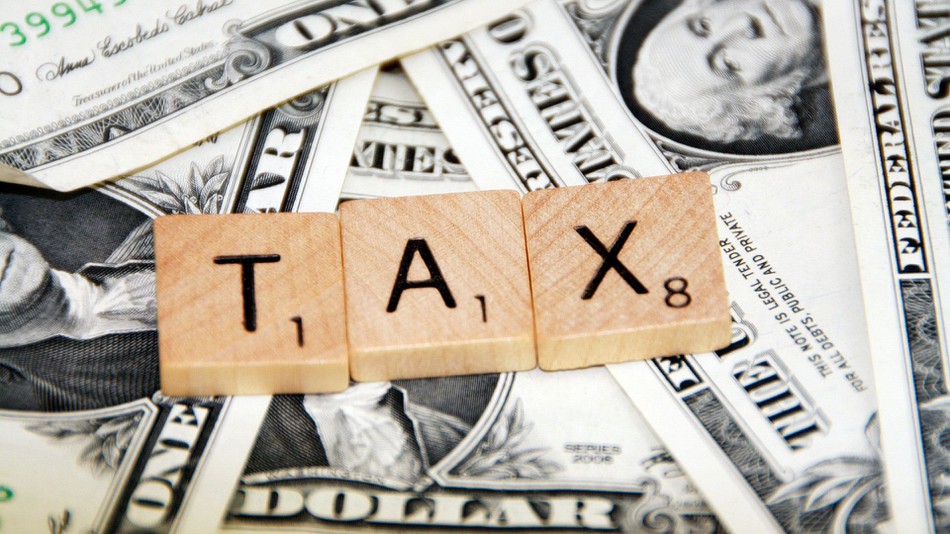7 Small Business Tax Preparation Tips to Save Money

Tax season is undoubtedly one of the most stressful times of the year for the business owner. If you are a small business owner then the work load is even more. While preparing for tax every business owner search for a way to save some money. These small business tax preparation tips can help you find out the number of deductions you may claim and decrease your tax bill.
Tax Tip # 1: Keep Business and Personal Expenses Separate
Many business owner mix their business and personal expenses together. This is a very big mistake as the IRS treats it as a hobby and subsequently disallows business expenses to be deducted from your income, increasing your tax liability. So as a small business owner if you want to deduct some tax and save money then you must separate your personal expenses from business expenses. You can maintain separate bank accounts and credit cards in your business’s name and prepare regular accounting statements, cash flow statement, balance sheet etc.
Tax Tip # 2: Review Accounts Receivable and Portfolio Balances
It’s very important to review your year-end books before closing. You must review your accounts receivable for collectability. If there are any uncollectible accounts then you should write it off. This will reduce your revenue and consequently your tax liability. Make sure that you have written off every obsolete or unusable inventory because it will reduce the revenues, and lower your tax bill.
Tax Tip # 3: Be Organized
It is very important to be organized while preparing for tax because; it helps your tax preparer to work more quickly and efficiently. For example: If you separate the paperwork on equipment and vehicles you have purchased during the year, your tax preparer can calculate the depreciation deduction very quickly. It’s always better to put all home office deductions into a folder, including documentation on direct and indirect costs. Be organized helps you see what you might have missed for tax preparation.
Tax Tip # 4: File and Pay on Time
Why file late as you know you have to face penalties for late filing. You can always save money by filing your tax on time. There is a chance you can get an extension if you are having trouble completing your tax return on time. But remember if you want escape the penalty and save some money then you have to pay the tax by the original due date.
Tax Tip # 5: Tax Preparation Software
If you are running a simple and small business then you can use tax preparation software. It will help you prepare your business taxes. This tax preparation software has a combined personal and business return preparation option. So you can do your personal and business tax preparation separately. Some of the best tax preparation software is H&R Block, TaxAct, TurboTax etc.
Tax Tip # 6: Check Potential Tax Credits
As a small business owner you can deduct everyday business expenses when filing your taxes. It will help you reduce the tax expenses. Check for potential tax credit and deduction as both reduce your potential taxes. There is a variety of tax credits for which you might be eligible. They are:
- Research and Development Credit
- Energy Tax Credit
- Work Opportunity Tax Credit
- Healthcare Tax Credits
- Disabled Access Credit
Tax Tip # 7: Review Equipment Purchases
Under Section 179 of the tax code, you can deduct up to $500,000 per year as long as your total equipment purchases are less than $2 million. According to the business income limitation, you cannot claim a Section 179 deduction if it creates or increases an overall business tax loss. Be aware that using Section 179 deductions for real property may trigger high taxes on ordinary income gains when the property is sold.
For cars and trucks subject to luxury auto depreciation limits (those weighing less than 6,000 pounds), those limits were raised $8,000 for 2013. In other words, a passenger car placed into service during 2013 could have first-year depreciation up to $11,160.
Tax Tip # 8: Make Your Business Properly Classified
The IRS can classify you own your business in several different ways. So before the end of the year make your business is properly classified. For example, if you’re a sole proprietor with no employees and you earn over a certain amount, you could see a significant savings on self-employment tax by electing S-Corp status instead. This is just one example of many that might apply to you depending on your business type and your financial situation. Classifying your business properly can deduct some tax and save money.
Conclusion
It’s true that the act of tax filing occurs once per year but planning for them is a year-round exercise. If you can prepare and organize everything according to the rules you can save some money. Moreover, the tax tips those are shared here definitely can help you save money if you can execute them accordingly.